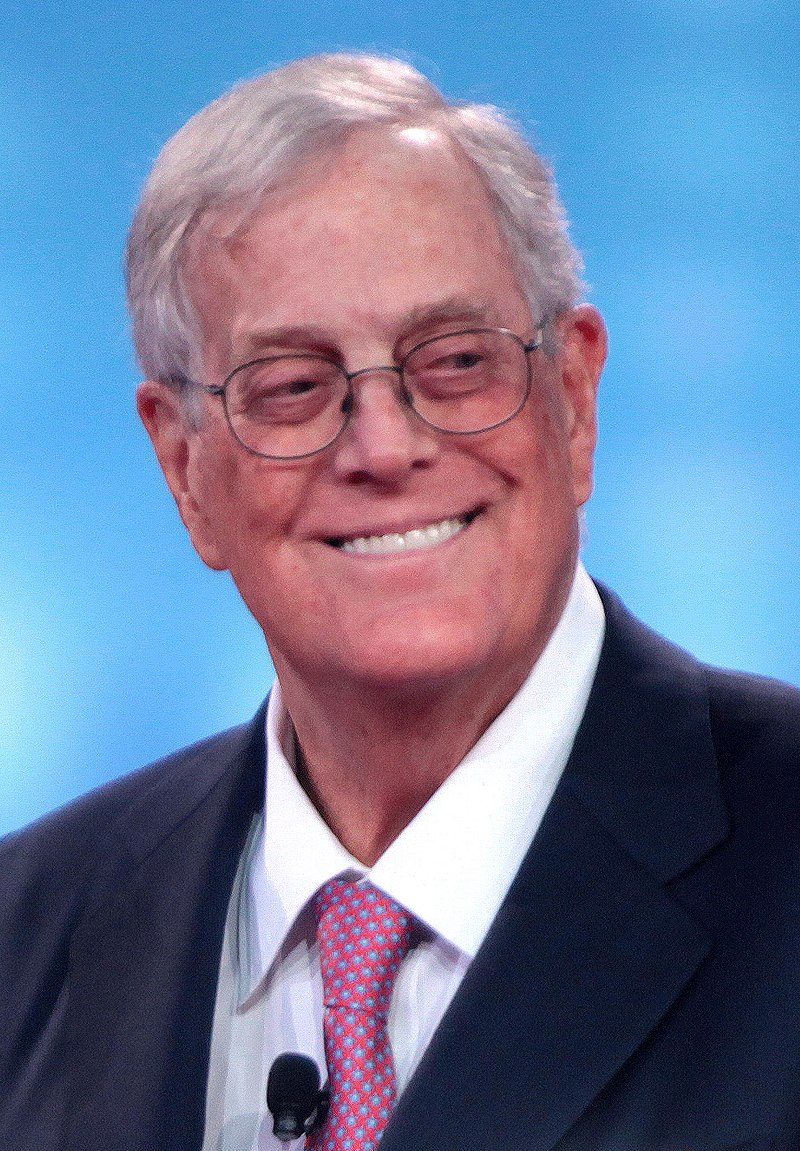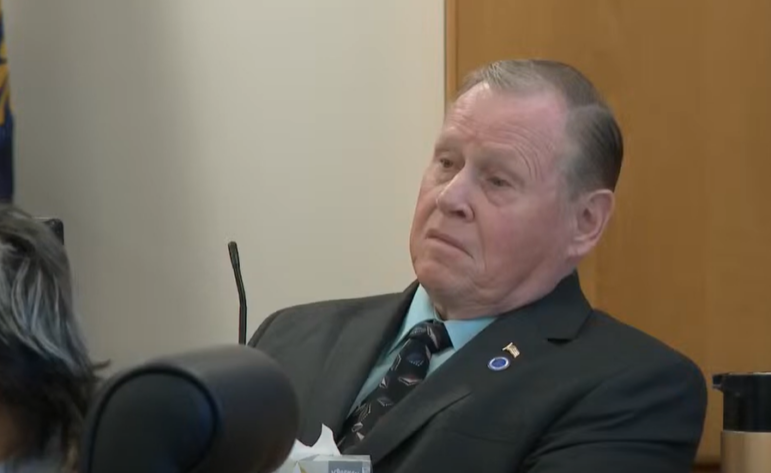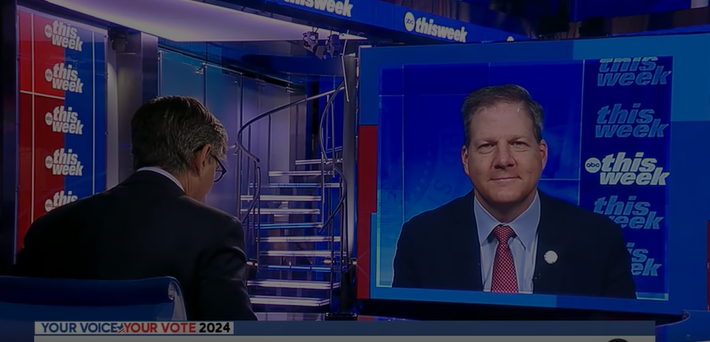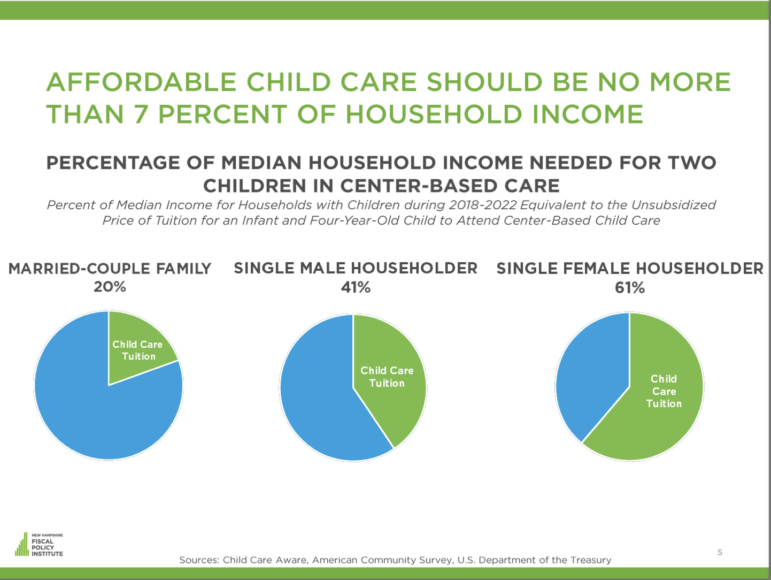By Will Lennon, Open Secrets.org
Despite the launch of their  AFP Action reportedly spent at least $75,000, and in some cases spent as much as $300,000, on each race it targeted. At a July summit for donors in Colorado Springs, Charles Koch, CEO of Koch Industries and the network’s patriarch, pledged to spend something like $400 million on the 2018 election cycle.
AFP Action reportedly spent at least $75,000, and in some cases spent as much as $300,000, on each race it targeted. At a July summit for donors in Colorado Springs, Charles Koch, CEO of Koch Industries and the network’s patriarch, pledged to spend something like $400 million on the 2018 election cycle.
Also at the conference, Koch promised that the network would be “much stricter” with whom it backs going forward. He criticized President Donald Trump’s protectionist policies, indicated the network might be open to working with Democrats, and presented a series of network priorities that break somewhat from the current Republican playbook and past Koch-precedent. These included education, criminal justice reform and “uniting people who have been previously divided.”
Trump’s tweet about how the “globalist Koch brothers” had “bad ideas” and were “no longer relevant” came soon after.
Though the Koch network did manage to help beat Sen. Claire McCaskill in Missouri and Phil Bredesen in Tennessee, 2018 was a far cry from the 2010 Tea Party wave when the network was at the crest of its power and influence. The group has made overtures to Democrats and progressive causes in the past, but the aftermath of the 2018 election could mark the moment where the network changes its approach in a big way.
Koch surrogates have been alluding to a coming shift. Gabrielle Broad, the host of Torch Talk (a sort of internet chat-series produced by Americans for Prosperity), tweeted a link to a Bloomberg article entitled “Koch Network Looks to a More Bipartisan Tone Following Midterms.”
“We see an opportunity to engage the American people to address some of the toughest problems facing our country,” said Broad’s tweet. “Exciting work ahead!”
James Davis, a network spokesman, told Bloomberg “a majority of Americans are rightly frustrated with the seeming inability to come together to solve major societal problems.”
According to Davis’s LinkedIn, he is both executive vice president of Freedom Partners, a Koch network group, and president of In Pursuit Of, a communications and marketing agency with strong ties to the white house. In Pursuit Of has seen an editorial director and a deputy director of writing go to work in the Trump administration as “special assistant(s) to the president” according to ProPublica. Davis also has a recommendation on his LinkedIn from former White House Press Secretary Sean Spicer.
Though the Koch network has stopped short of financially backing Democratic candidates, the network drew the ire of the Republican National Committee thanks to its unwillingness to back Kevin Cramer when he ran against Sen. Heidi Heitkamp (D-N.D.). They also famously sat out the general election between President Trump and Hillary Clinton in 2016. The network breaks from Republicans, especially those aligned with President Trump, in its assertion that any funding for a border wall should be bound to action protecting immigrants who benefit from the Deferred Action for Childhood Arrivals (DACA) program.
The network aligned itself with the American Civil Liberties Union and other liberal groups in support of the Florida ballot initiative that restored voting rights to Americans with felony convictions, (with some exceptions for those convicted of violent crimes) and it pushed for the First Step Act to become law.
Co-sponsored in the House by Hakeem Jeffries (D-N.Y.) and Doug Collins (R-Ga.), The First Step Act aims to reduce recidivism by introducing programs for inmates such as vocational training and improved drug rehabilitation. President Trump recently indicated he supports the act, and Jared Kushner and Ivanka Trump have supported the legislation for some time.
Under the First Step Act, the Bureau of Prisons would be compelled to create an “earned time credit” program, allowing inmates to shave days off their sentences by participating in jobs training and other programming. The act also mellows mandatory minimum sentencing requirements. The First Step Act would also expand the use of “algorithms that try to predict future behavior” according to the Marshall Project. Some worry reliance on algorithms could worsen existing racial or class disparities in the prison system.
Sen. Cory Booker (D-N.J.), Sen. Kamala Harris (D-Calif.) and Rep. John Lewis (D-Ga.) oppose the bill, saying that it is too narrow and does not deliver comprehensive reform.
The network also funds the Safe Streets and Second Chances program which is beta-testing a prisoner reentry model that would prioritize convicted people serving out more of their sentences at home. When the program was introduced in Texas, it was “headquartered” at Unlocking DOORS. Unlocking DOORS lists Geo Reentry Services, a Geo Group company, as a partner.
In part, the network appears to view mass incarceration as a matter of government waste. Accordingto the Koch Industries’ website, around three times as much is spent on incarceration than is spent on K-12 education.
The Kochs have not always embraced this more progressive approach to criminal justice. Back in 1994, the Kochs co-sponsored a conference for the American Legislative Exchange Council (ALEC) with the Corrections Corporation of America. The conference promoted the sort of “tough on crime” rhetoric that the First Step Act pushes back against. Both Charles and David Koch received an “Adam Smith Award” at the event. An ALEC task force was also instrumental in developing “three strikes you’re out” laws and mandatory minimum sentencing laws.
More recently, the Koch network has helped pay for political ads supporting “tough on crime” politicians. One ad, which calls out a Louisiana Democrat for supporting then-President Obama in his efforts to reduce sentences for nonviolent drug offenders, actually attacks policies for which Charles Koch has expressed support. That did not stop Koch Industries from donating to the candidate who sponsored the ad, David Vitter, who identified as a member of the Tea Party movement and was one of the only two Senators to vote against Hillary Clinton’s confirmation as secretary of state. A Koch network super PAC also backed Vitter’s campaign.
According to UnKoch My Campus, the Texas Public Policy Foundation, a State Policy Network affiliate, was instrumental in establishing the “Right On Crime” philosophy which advocates increased reliance on private prison systems, privatized parole and increased electronic monitoring. The State Policy Network is a Koch-affiliated group. An accidentally released 2010 tax document from the Texas Public Policy Foundation showed they received funding from Koch Industries as well as Geo Prison Group, another GEO Group company, whose website touts the company as a “complete electronic monitoring solutions provider.”
With more big money backing Democrats anyway, it is hard to predict if the left will embrace the new Koch network. President Obama incited laughter at an NAACP event when he applauded the Kochs for their positions on criminal justice reform, and Sen. Elizabeth Warren has called Charles Koch outfor funding climate change denial research on the Senate floor. Koch Industries is also one of the most prolific contributors of greenhouse gases in the United States, and they’ve given tens of millions to groups who deny climate change. It is hard to imagine them selling the increasingly climate-hawkish democrats on many of their policies.
Still, the Koch network is nothing if not adaptable. Their dozens of interlocking nonprofits, PACs and think tanks continue to reorganize and adapt to the shifting political landscape, and in spite of the recent departure of David Koch from the family’s political and business operations (making the iconic “Koch brothers” moniker archaic), Charles Koch is confident.
“We’ve more progress in the last five years than I did in the previous 50,” Koch said at the Colorado Springs conference. “All we have to do to capture (these opportunities) is to do the very thing that made Frederick Douglass such an amazing, principled social change entrepreneur: stand by our principals at whatever the cost. Resist all temptations in short-term gain.”





